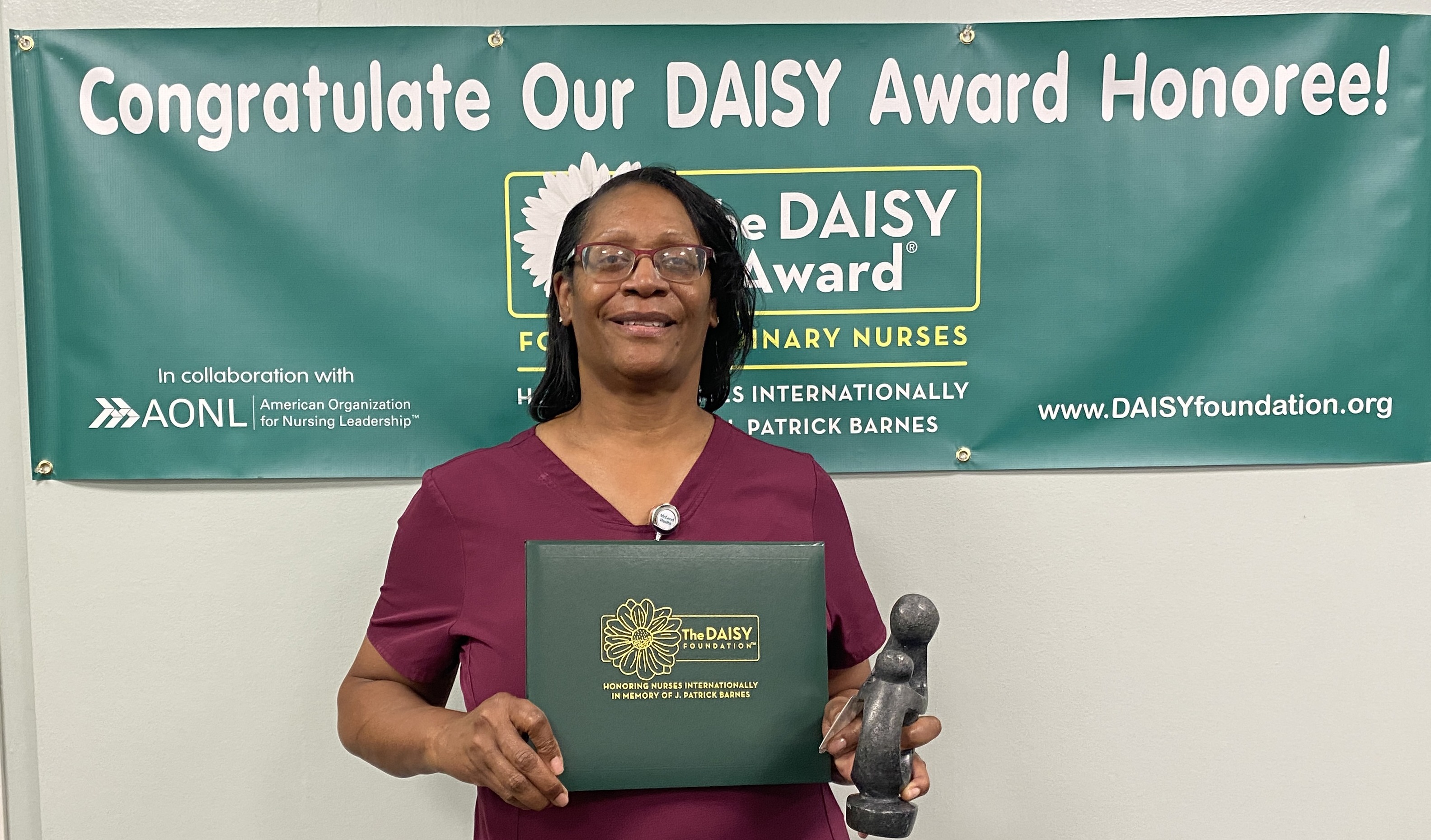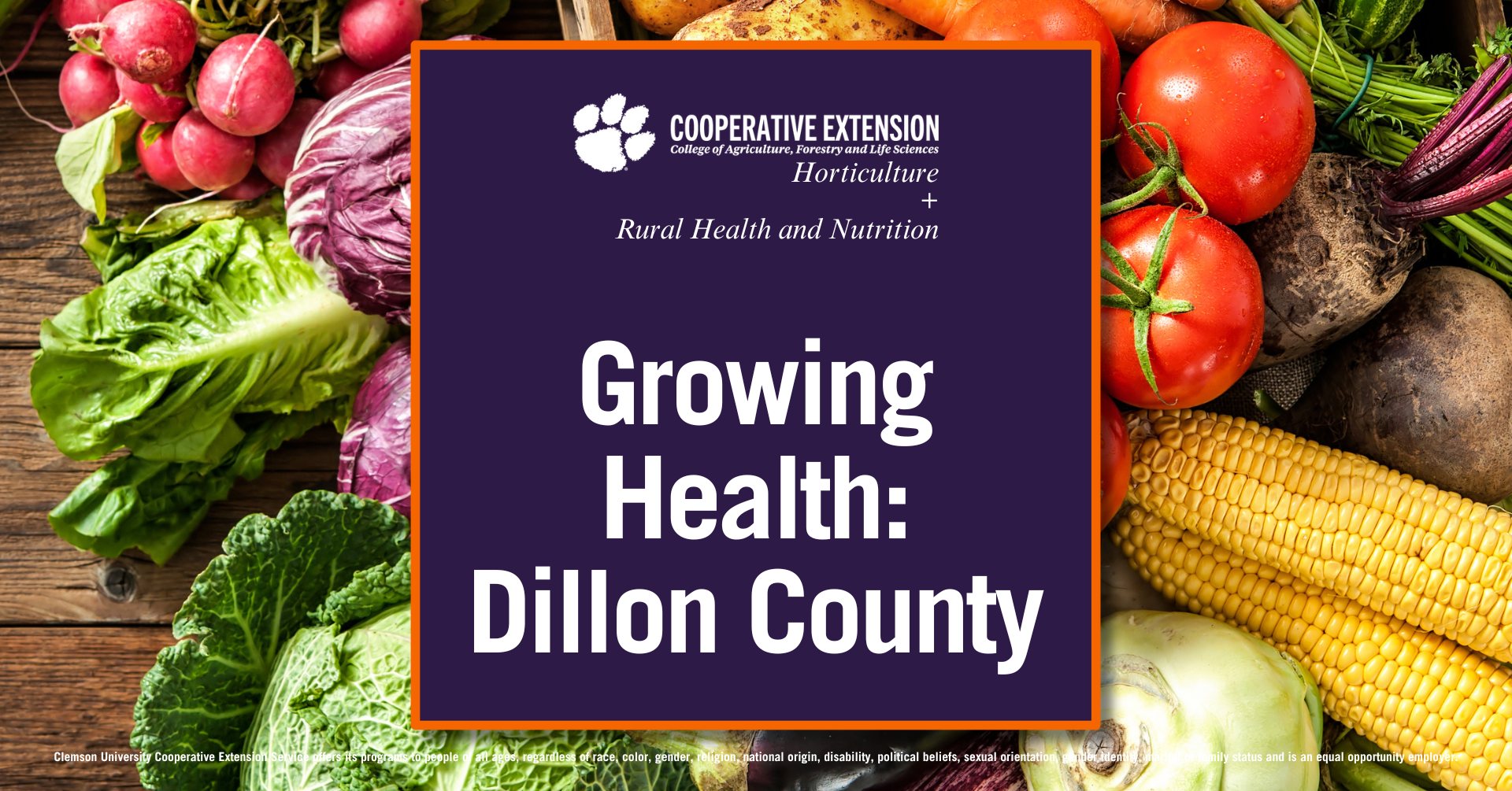COLUMBIA, S.C. ― Respiratory disease season is quickly approaching, and the South Carolina Department of Public Health (DPH) wants to make sure you and your family are prepared. The best way to protect yourself and those you love against the flu, COVID-19 and respiratory syncytial virus (RSV) is to get vaccinated.
“We are entering the cooler part of the year when respiratory diseases tend to increase greatly,” said Dr. Linda Bell, DPH Health Programs Branch director and state epidemiologist. “Fortunately, we have more tools than ever to help protect people against these potentially severe respiratory diseases. Now is the time to roll up our sleeves and get vaccinated to protect ourselves, our families and our neighbors.”
Here are some helpful reminders and new information concerning flu, COVID-19 and RSV:
The flu shot is the best way to reduce the risk of getting the flu and its potentially serious complications. The specific strains of flu change every year, and as a result the flu vaccine is updated every year to match the current strains. As a result it is important to receive the updated flu vaccine every fall. The Centers for Disease Control and Prevention (CDC) and DPH recommend everyone 6 months and older get a flu shot each year.
The new COVID-19 vaccine for 2024-2025 is now available and recommended for everyone aged 6 months and older. Getting a 2024–2025 COVID-19 vaccine is important because the vaccines are updated to give the best protection from the currently circulating strains of COVID viruses, which changes like the flu virus does. Both the flu and new COVID-19 vaccines can be obtained at a retail pharmacy, health care provider or DPH health department. The COVID-19 and flu vaccines can be given at the same time.
The CDC and DPH recommend the RSV vaccine for the following groups of people:
-All adults 75 and older.
-Adults 60–74 who are at increased risk of severe RSV. More information can be found here on -the CDC website.
-Pregnant people between 32 and 36 weeks of pregnancy. The antibodies from the vaccine are passed on to the fetus, protecting the newborn from severe RSV for up to six months.
-RSV is a common respiratory virus that infects the nose, throat and lungs. RSV symptoms make it difficult to distinguish it from the common cold or other respiratory viruses. The best time to get the RSV vaccine is in late summer or early fall, but it can be given at any time. People do not need to get the RSV vaccine every year.
An RSV preventive antibody product is recommended for:
-Some infants younger than 8 months born during RSV season or entering their first RSV season, depending on the birth mother’s RSV vaccine status. DPH recommends consulting your child’s pediatrician.
-Some children ages 8 months through 19 months who are at increased risk for severe RSV disease and entering their second RSV season.
-People with a history of allergy to the vaccine components, or certain other conditions may not be able to receive some vaccines. Increasing immunization coverage in the population helps protect vulnerable people who cannot receive certain vaccines.
DPH recommends people talk with their health care provider about what vaccines are right for them.
In addition to vaccines, other precautions are strongly recommended to prevent virus spread, including washing your hands regularly with soap and water, covering your coughs or sneezes with a tissue or your elbow and staying home and away from others when sick.
Vaccinations can be obtained at local pharmacies or health care providers. Those without insurance and those whose insurance does not cover vaccines may be eligible for no cost vaccines at DPH clinics. Contact your local county health department for more information.
To learn more about respiratory diseases and vaccines, visit DPH’s COVID-19, Vaccinations, Respiratory Disease Watch and Flu Watch webpages.
DPH Encouraging People to Get Vaccinated to Stay Healthy During Respiratory Disease Season







